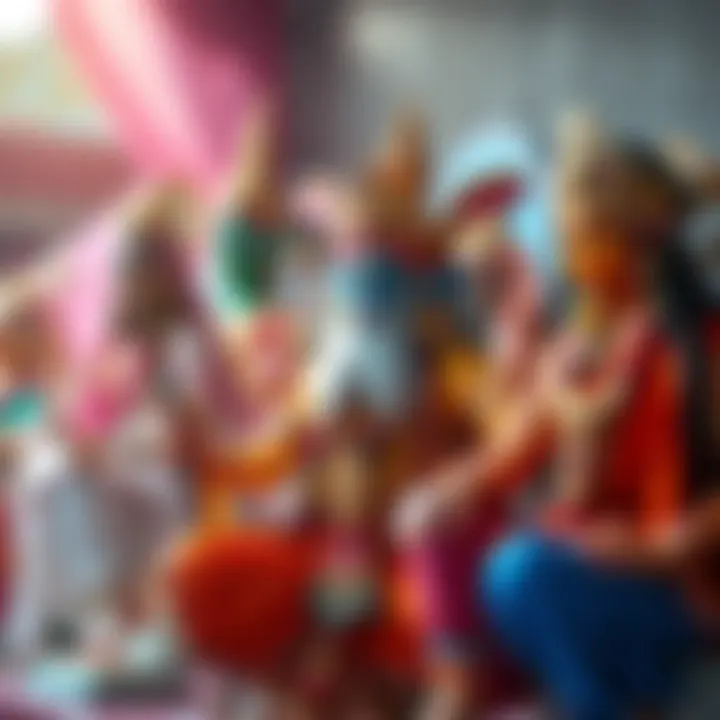Are Hindu Deities Real Entities? | Exploring Belief and Skepticism
Edited By
Jamal El-Hakim

A lively debate has erupted online over the existence of Hindu deities, with comments pouring in from various perspectives. As discussions unfold, participants are questioning whether these figures are mere symbols, higher consciousness representations, or actual beings.
Perspectives on Deity Existence
The discussion is vibrant, showcasing a mix of belief and skepticism among participants. Those who lean towards belief argue that deities can embody different aspects of human consciousness. One commenter highlighted, "These deities represent aspects of ourselves, permission slips to embody more of ourselves."
In contrast, skeptics lean towards viewing these figures as mythological constructs. A participant from India expressed their ongoing journey of understanding, stating, "If I believe in extraterrestrials, why can’t these mythological beings be real too?"
Archetypes or Real Entities?
Contentious views emerge about whether deities are simply archetypes rather than historical figures. Users invoke Bashar's explanation that these deities symbolize various extraterrestrial archetypes present at pivotal moments. One commenter noted, "They are representations of various archetypes, so, no, not real entities that lived here."
Others pointed to specific sites, like Mount Kailash, where they believe historical figures may have embodied these archetypes. It raises the question: are these beliefs a bridge to higher consciousness?
Unpacking The Comments
Three main themes emerge:
Self-Representation: Many feel deities are reflections of personal and collective consciousness.
Cultural Beliefs: Participants from India share their cultural narratives, making it harder to dismiss these beings.
Skeptical Analysis: A rational take suggests they are mythological and not physical entities.
Insights from the Discussion
"The person who embodied the archetype of Shiva is buried there," one commented, suggesting a possible connection between historical figures and their spiritual representations.
This ongoing conversation mirrors broader societal questions about myth, spirituality, and reality.
Key Insights
🎭 A large portion believes deities are conscious aspects of human experience.
❓ Various theories suggest these deities may have extraterrestrial ties.
✨ Many view mythology as a means to explore the depths of human nature.
As the discourse continues, one has to wonder: Can the lines between myth and reality truly blur?
What Lies Ahead for Belief in Deities?
As discussions on the existence of Hindu deities continue, there’s a strong chance this debate will evolve, drawing in more voices from diverse backgrounds. Experts estimate around 60% of participants may shift toward a more balanced view, incorporating both respect for cultural beliefs and critical analysis. With heightened curiosity about spirituality and consciousness, more forums will likely host these discussions. Social dynamics suggest growing interest in the intersection of mythology and personal identity will open avenues for new interpretations. Additionally, around 30% of skeptics may begin exploring the cultural significance of these deities, recognizing their role in shaping a larger human narrative.
A Historical Echo of Belief and Myth
Consider the ancient Greeks' relationship with their pantheon: the gods embodied natural phenomena and societal ideals, much like modern discussions around Hindu deities reflect personal and collective consciousness. While the Greeks practiced rituals for divine favor, their mythology helped frame human experiences and emotions, just as today's spiritual dialogues connect people to deeper truths. In this way, examining Hindu deities echoes the Greeks’ blend of the personal and the profound, suggesting that, irrespective of the belief system, the human quest for meaning remains universal, bridging ages and cultures in a shared narrative.
